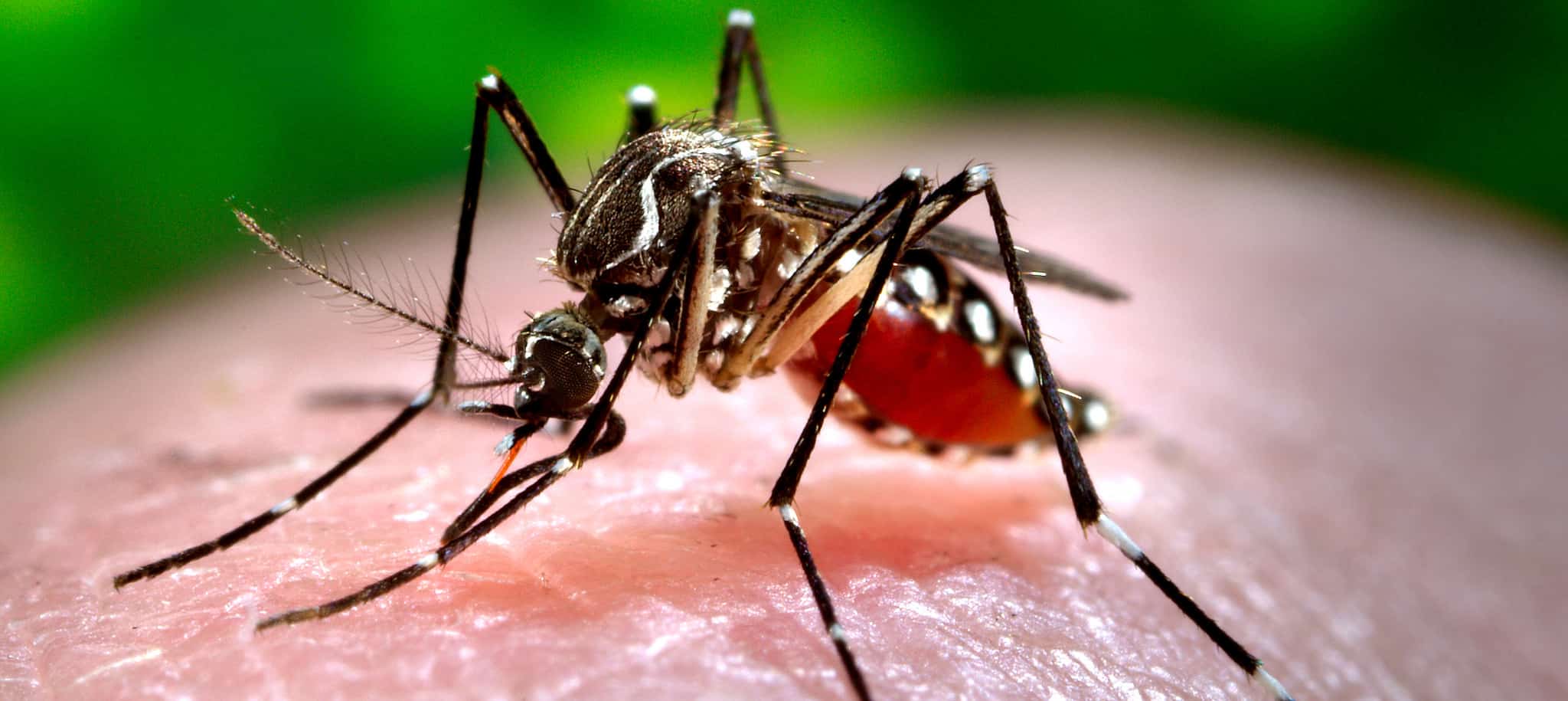Share this article
Gene drive technology gets trial run
Researchers have launched the first large-scale laboratory release of mosquitos genetically engineered using a gene editing technique that some biologists believe holds promise for combating an array of problems, from malaria to invasive rodents. NPR reports that biologists in a high-security laboratory in Italy are studying the mosquitos, which were engineered with a gene drive technique using CRISPR gene-editing technology. The technique is intended to spread physical traits, which prevent the mosquitos from biting or laying eggs, throughout the population. Skeptics worry about the implications of a gene drive gone awry in the real world, but supporters see hope in reducing disease and protecting endangered species and fragile ecosystems.
Members can log in and read the story on this emerging technology in the current issue of Today’s Wildlife Professional. To read or listen to the NPR story, click here.
Header Image: An Ae. Aegypti mosquito, a primary vector for the transmission of dengue fever, gets a blood meal from a host. ©Centers for Disease Control








